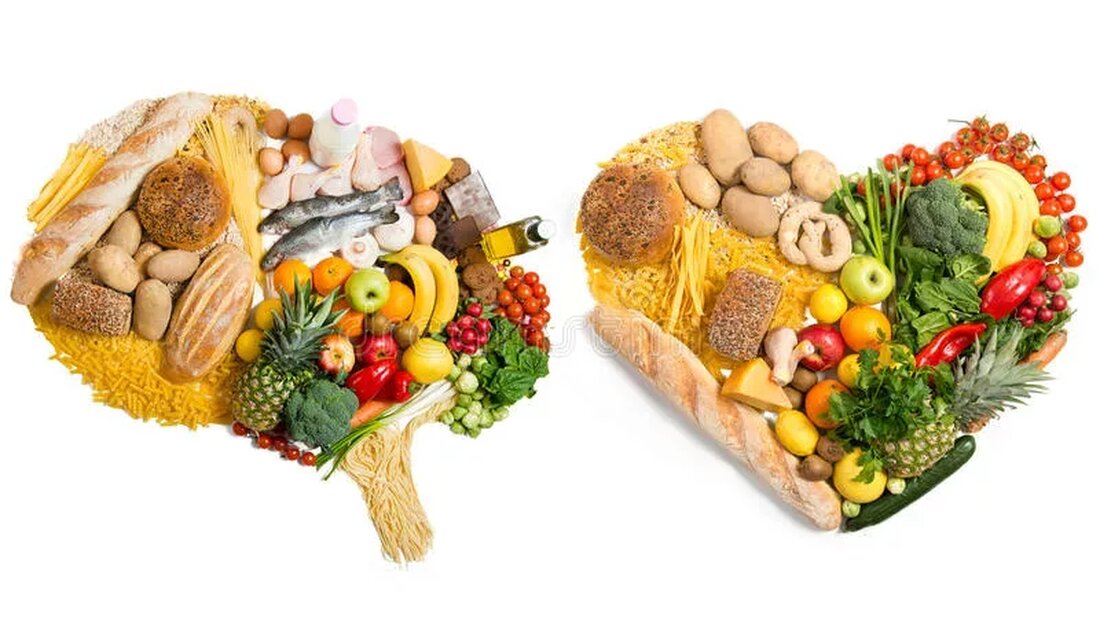How to Grow Healthy Organic Food
How to Grow Healthy Organic Food The increasing pollution of the environment with industrial waste and toxic substances has become a major health problem in recent years. Food, air, water and other vital components of human existence are now contaminated with dangerously high levels of toxic chemicals. This increases the need for pollutant-free organic food. Some organic vegetables can be grown at home as they require very little space. Therefore, the following tips will help you grow healthy organic food in the comfort of your own home. To renew the bed in your garden, cut under the grass and turn it over. Cover it with wood chips and wait...

How to Grow Healthy Organic Food
How to Grow Healthy Organic Food
The increasing pollution of the environment with industrial waste and toxic substances has become a major health problem in recent years. Food, air, water and other vital components of human existence are now contaminated with dangerously high levels of toxic chemicals. This increases the need for pollutant-free organic food.
Some organic vegetables can be grown at home as they require very little space. Therefore, the following tips will help you grow healthy organic food in the comfort of your own home.
To renew the bed in your garden, cut under the grass and turn it over. Cover it with wood chips and wait a few weeks. You can then use this bed to grow healthy, organic food. The soil you turned over will be enhanced by the grass underneath.
If you notice an area with a lot of weeds, take a shovel and dig under it instead of pulling it. Then turn the soil over so the weeds feed on your seeds like fertilizer would. This saves you time and also prevents the weeds from growing back.
Other organic components that can be used for growing organic food include dry leaves, food scraps, hay, straws, animal waste, charcoal and other things. As soon as they are available, store them in an airtight container or pit in your garden. The more you collect and place in these airtight spaces, the more organic compost you will need to use in your garden.
To prevent your herbs from rotting, dry them immediately after harvesting. Once dry, keep them away from moisture by storing them in a cool, dry place. This also prevents the growth of bacteria that can cause food poisoning.
Some beetles are important to your garden. An example is the ladybug. This is because it feeds on other beetles such as aphids, which destroy crops by eating the leaves. Ladybugs hunt these beetles, helping to grow healthy organic crops. Other helpful bugs include butterflies. These help pollinate plants.
Add a little water to the biological decay and distribute it efficiently on your plants. This is better for providing your plants with organic-based nutrients than using chemical fertilizers. It also prevents contamination of the environment with toxic chemicals. All of this helps make plants more organic, healthier and free of toxic contaminants.
Water your garden using a low-pressure hose. This ensures that your garden is gradually watered or watered without flooding. It will also give you time to multitask. You can therefore do more gardening.
As you develop the techniques for growing organic food, you'll know the effort is worth it when you see the quality of the produce you grow. So if you are interested in growing your own uncontaminated healthy organic food, give it a try and you will be happy you did.

 Suche
Suche
 Mein Konto
Mein Konto
